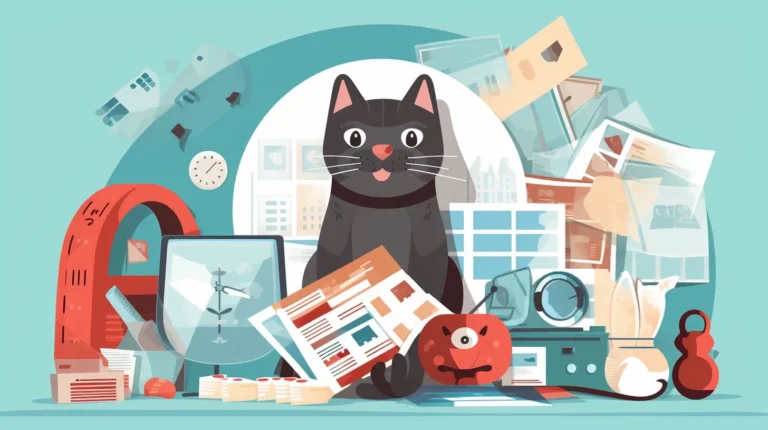Easy Steps to Reduce Utility Bills to Save Money Now!
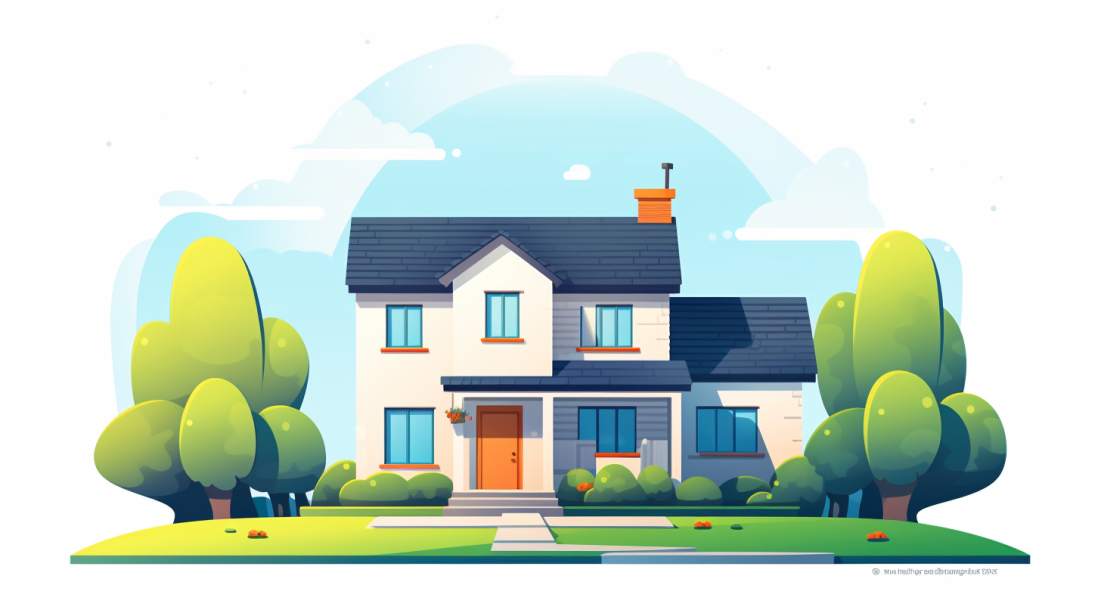
Greetings, dear readers! In today’s article, I will share easy steps that you can use to help reduce your utility bills and save money. It’s important to review your utility bills to determine where you can cut costs and optimize your energy efficiency. By taking simple, practical steps, you can start saving money today.
Reducing your utility bills not only saves you money, but it also contributes to a more sustainable environment by conserving energy and resources. Every small step counts when it comes to achieving long-term cost savings and reducing your carbon footprint.
Key Takeaways:
- Reducing utility bills can save you money and contribute to a sustainable future.
- By implementing easy steps, you can start reducing utility bills and optimize energy efficiency.
- Tracking and monitoring progress can help you assess the effectiveness of implemented strategies.
Understanding Your Utility Bills
One of the best ways to reduce your utility bills is by understanding how they are calculated. This knowledge will help you identify areas where you can cut back on energy consumption and ultimately save money. Here are some utility bill reduction strategies that you can implement starting today:
Analyze and Track Energy Consumption
Take a closer look at your utility bills and analyze your energy consumption patterns. This will help you identify your biggest energy hogs and areas where you can cut back. You can use online tools to track your energy usage and make adjustments to your lifestyle and habits accordingly.
Invest in Energy-Efficient Appliances
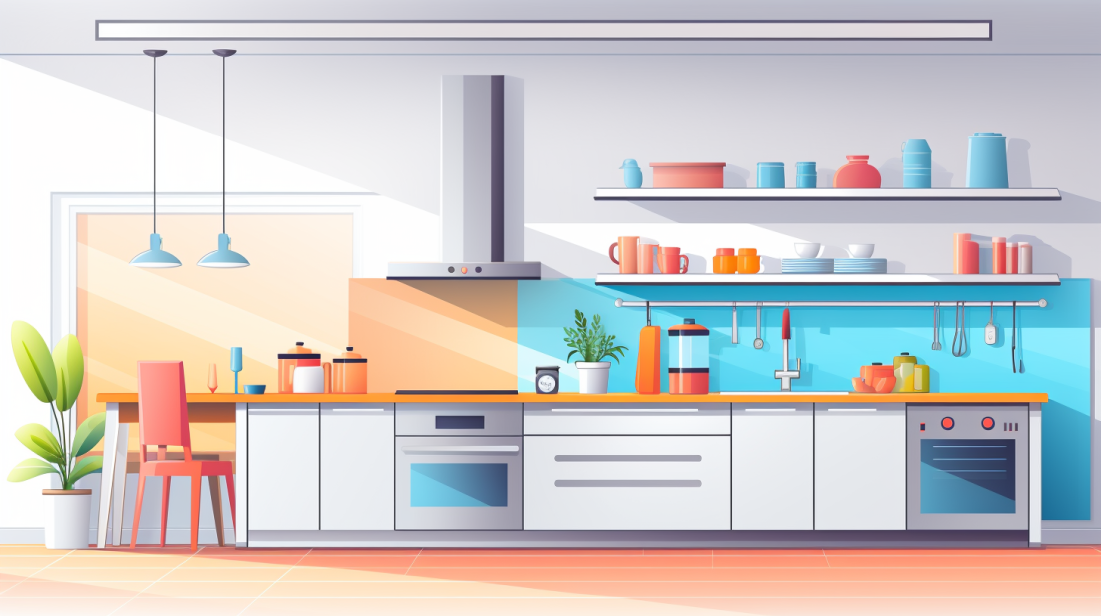
Upgrade to energy-efficient appliances that consume less energy and save you money in the long run. Look for appliances that have the ENERGY STAR label and are certified by the U.S. Environmental Protection Agency. These appliances use up to 50% less energy than their non-certified counterparts.
Implement Conservation Techniques
Simple conservation techniques can go a long way in reducing your utility bills. Turn off lights and electronics when not in use, take shorter showers, and wash laundry in cold water. These small changes can add up to big savings over time.
Check for Leaks and Drafts
Sealing leaks and drafts in your home can save you up to 20% on heating and cooling costs. Check for air leaks around doors and windows, and seal them with weatherstripping or caulk. Inspect your ductwork for leaks and seal them with duct tape. Installing energy-efficient windows and doors can also reduce heating and cooling costs.
Use a Programmable Thermostat
A programmable thermostat can automatically adjust the temperature in your home based on your schedule, reducing energy consumption when you’re not at home. This can save you up to 10% on heating and cooling costs. Set the temperature to a few degrees higher in the summer and lower in the winter to save even more.
By implementing these utility bill reduction strategies, you can reduce your energy consumption and save money on your utility bills. With energy-efficient appliances and conservation techniques, you can enjoy a more sustainable lifestyle while also contributing to a better future for our planet.
Energy-Saving Tips for Electricity
Reducing electricity bills is a great way to save money on utility expenses. Here are some effective energy-saving tips that you can follow:
- Upgrade to energy-efficient appliances: Consider investing in appliances with an Energy Star label. These devices use significantly less energy and can help lower your electricity bills in the long run.
- Use energy-efficient light bulbs: Replace your incandescent light bulbs with LED or CFL bulbs. These bulbs use less energy and can save you up to 75% on your electricity bills.
- Turn off lights and devices when not in use: Make it a habit to turn off lights, TVs, and other devices when you’re not using them. This can save you a considerable amount of money on your electricity bills.
- Optimize your thermostat: Adjust your thermostat to optimal temperatures depending on the season. Turning it down a few degrees in the winter and up a few degrees in the summer can significantly reduce your energy usage.
- Utilize natural light: Take advantage of natural light during the day by opening curtains and blinds. This can reduce your reliance on artificial lighting and lower your electricity bills.
- Unplug unused devices: Unplug chargers, small appliances, and other devices when they’re not in use. Even when not in use, these devices still consume energy when they’re plugged in.
- Install ceiling fans: Use ceiling fans to circulate air and improve air conditioning efficiency during the summer. This can help you save on your electricity bills.
- Invest in cost-effective home improvements: Consider installing insulation, sealing leaks, and weather-stripping doors and windows to optimize your home’s energy efficiency.
By following these energy-saving tips, you can start lowering your electricity bills and save money on your utility expenses. Investing in cost-effective home improvements and upgrading to energy-efficient appliances can generate significant savings in the long run.
Harnessing the Power of Natural Light
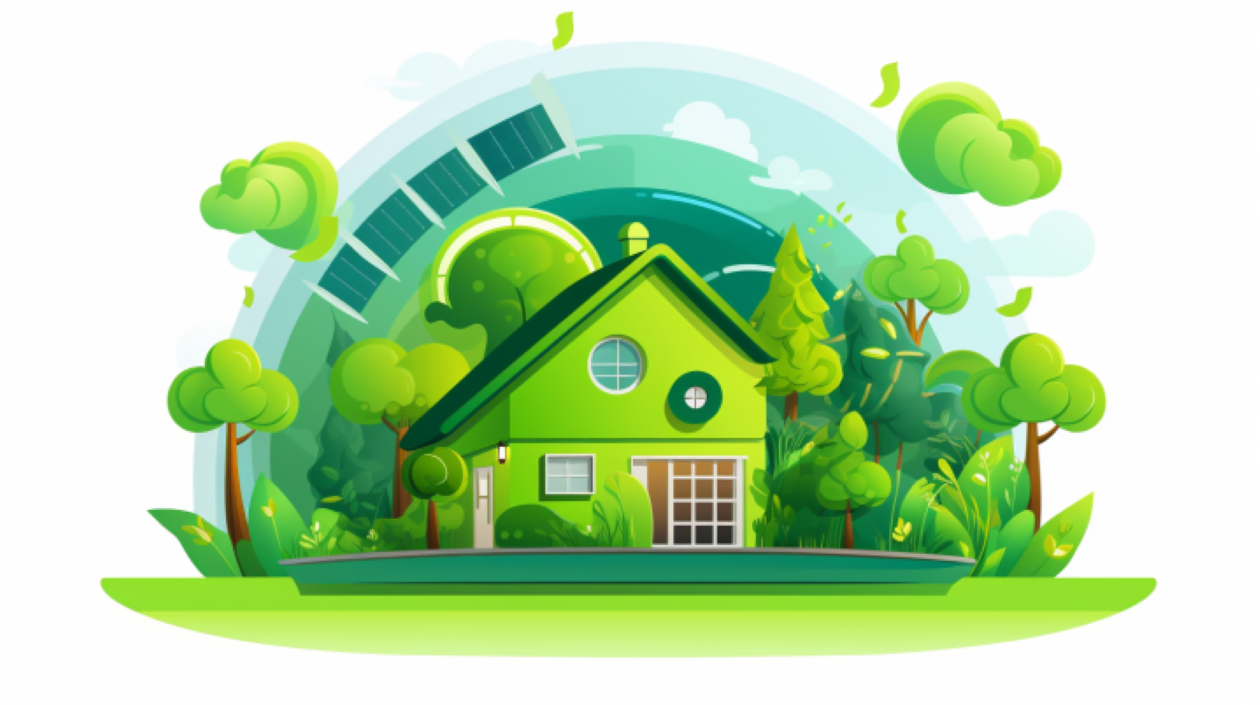
One of the easiest and most sustainable ways to reduce utility costs is by maximizing natural light in the home. Not only does it lower electricity usage, but it also creates a warm and inviting atmosphere. Here are some energy-saving tips to help you harness the power of natural light:
- Keep your windows clean to allow for maximum sunlight to enter your home.
- Position furniture, such as sofas and chairs, away from windows to maximize light flow.
- Use light-colored curtains or sheer fabrics that allow sunlight to penetrate.
- Hang mirrors in strategic locations to reflect and amplify natural light.
By utilizing natural light, you can significantly reduce the need for artificial lighting during the day, leading to lower electricity bills and a more sustainable living environment.
Sustainable living is not only about saving money but also about preserving natural resources for future generations. By implementing these energy-saving tips, you can take a step toward a more sustainable and eco-friendly lifestyle.
Efficient Heating and Cooling
Heating and cooling can be one of the most significant contributors to a high utility bill. However, there are several ways to manage these costs efficiently.
Investing in energy-efficient appliances such as programmable thermostats can significantly reduce heating and cooling costs. These thermostats can automatically adjust the temperature when you’re not home or asleep, minimizing energy waste and maximizing savings.
Proper insulation is also essential to optimize heating and cooling systems. Insulation helps to keep the warm or cool air inside your home, reducing the amount of energy required to maintain a comfortable temperature. Insulating the attic, walls, and floors can save up to 20% on heating and cooling costs.
Another way to increase efficiency is by regularly cleaning the air filters of heating and cooling systems. Clogged filters can obstruct the airflow and make the system work harder than necessary, consuming more energy and increasing costs.
Finally, optimizing the usage of heating and cooling systems can lead to significant savings. Setting the thermostat at an appropriate temperature during the day and adjusting it when not at home are actions that can lower your utility bills.
Implementing these utility bill reduction strategies can significantly lower heating and cooling expenses and contribute to a sustainable future.
Water Conservation Methods
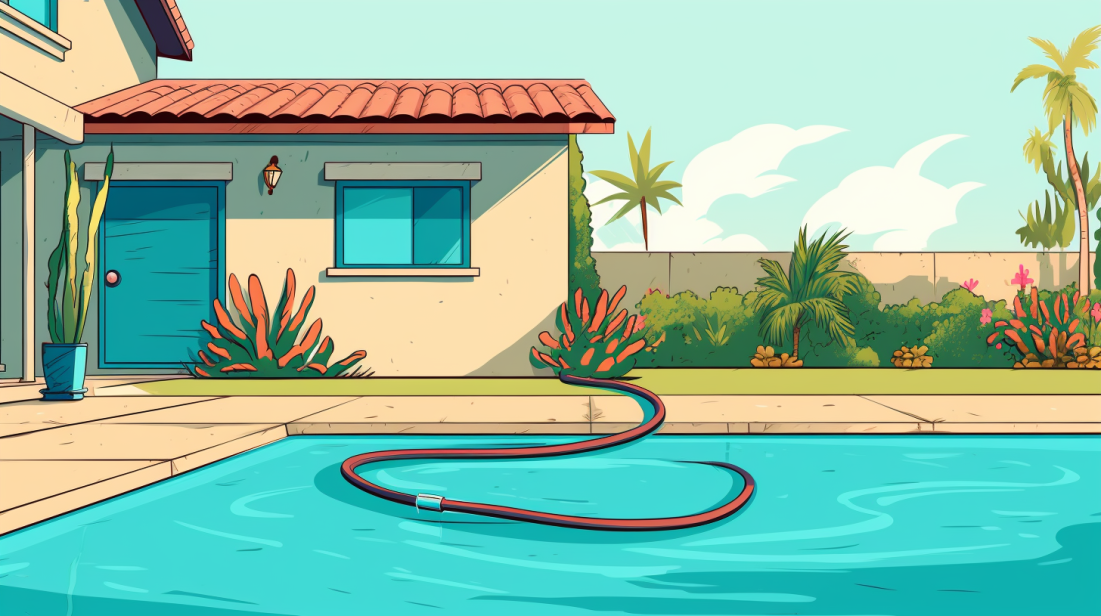
Conserving water is not only beneficial for the environment, but it can also lead to lower utility costs. By implementing these simple water conservation methods, you can reduce your overall water usage and save money on your utility bills while contributing to a sustainable living:
- Shorten Your Showers: Taking shorter showers, ideally around 5 minutes, can significantly reduce your water consumption. You can also install a low-flow showerhead, which can save up to 2.5 gallons of water per minute.
- Fix Leaky Faucets: A single leaky faucet can waste up to 3,000 gallons of water per year. Make sure to check all faucets for leaks and repair them promptly to conserve water and lower your utility bills.
- Wash Clothes and Dishes Efficiently: Using the appropriate load size when washing dishes or doing laundry can help conserve water. Additionally, using the washing machine’s cold water setting can help save energy and reduce utility costs.
- Collect Rainwater: Collecting rainwater can be a great way to save water while helping your garden thrive. You can use collected rainwater to water plants and trees, which can reduce your reliance on your home’s water supply.
- Upgrade Your Appliances: Installing water-efficient appliances, such as a low-flow toilet or a dishwasher with an energy-efficient setting, can greatly reduce your water consumption and lower utility costs.
By incorporating these water conservation methods into your daily routine, you can make significant contributions to sustainable living while saving money on your utility bills.
Unplugging and Power Strips
Did you know that even when appliances and electronics are turned off, they can still consume energy? This is called “vampire energy” or standby power, and it can account for up to 10% of household electricity usage. By unplugging devices when they’re not in use or using power strips to turn off multiple devices at once, you can save on your energy bill and reduce your carbon footprint.
One easy way to unplug devices without having to crawl behind furniture is to use a power strip with an on/off switch. Simply plug in multiple devices, and turn the strip off when you’re done using them. This will prevent standby power usage and make it easier to control your energy consumption.
Another way to reduce standby power usage is to unplug chargers when they’re not in use. Chargers for devices like cell phones and laptops can continue to draw power even when the device is fully charged. Unplugging the charger when it’s not needed will save energy and lower your utility costs.
By implementing these energy-saving tips, you can significantly reduce your utility costs and contribute to a more sustainable future. Don’t let vampire energy suck the life out of your finances – unplug and use power strips to take control of your energy consumption.
Smart Home Automation

One of the most efficient ways to reduce utility bills is to use smart home automation. By connecting devices and systems to a central monitoring hub, you can optimize energy usage and generate significant savings.
There are a wide variety of energy-saving tips and utility bill reduction strategies to choose from when it comes to smart home automation. For instance, installing energy-efficient appliances such as a smart thermostat or smart lighting systems can help reduce energy consumption.
Smart thermostats are designed to learn your household’s heating and cooling preferences and make automatic adjustments to save energy. This can lead to lower utility bills without sacrificing comfort. Similarly, smart lighting systems can be programmed to turn off automatically when not in use, reducing the amount of energy consumed by these appliances.
In addition to these energy-saving tips, you can also take advantage of advanced features such as remote monitoring and control. This allows you to adjust your energy usage from anywhere in the world, providing an added layer of convenience and cost savings.
Overall, smart home automation is an effective way to reduce utility bills and achieve long-term cost savings. By utilizing the latest energy-saving tips and utility bill reduction strategies, you can optimize energy efficiency and contribute to a sustainable future.
Rebates, Incentives, and Energy Audits
There are various programs available that provide rebates, incentives, and energy audits to help reduce utility bills. These programs are designed to assist households and businesses in implementing energy-saving practices and reducing their energy consumption.
Utility companies often offer rebates and incentives to customers who purchase energy-efficient appliances or make home improvements that optimize energy efficiency. These programs can significantly reduce the cost of implementing energy-saving measures, making it more accessible to households and businesses.
Energy audits are also available to help identify areas where energy consumption can be reduced. These audits assess the energy usage of a property and provide recommendations on how to improve energy efficiency. By implementing the recommendations from an energy audit, households and businesses can save money on their utility bills and reduce their environmental impact.
It is essential to take advantage of these programs, as they offer a valuable opportunity to reduce utility bills and promote sustainable living. By participating in these programs, households and businesses can save money on their utility bills and contribute to a more sustainable future.
Can Reducing Utility Bills Help to Save Money on Groceries Each Month?
Reducing utility bills can indeed be a smart strategy to save money on groceries. By consciously managing your energy consumption and adopting energy-efficient practices, such as switching off unused appliances and using natural light, you can cut down on monthly expenses. This frees up extra cash that can be utilized to buy essential groceries, helping you save money on groceries overall.
Tracking and Monitoring Progress
Now that you’ve implemented various utility bill reduction strategies and energy-saving tips, it’s important to track and monitor progress to ensure their effectiveness. This will not only help you see the impact of your efforts but also identify areas where further improvements can be made.
One way to track progress is to compare your current utility bills with previous ones. Analyze the consumption patterns and costs to identify any changes since implementing the strategies. This will help you see which strategies are working and which ones need adjustment.
Another way to monitor progress is by using an energy monitoring system. These systems track your energy consumption and provide detailed reports on usage patterns and costs. They can help you identify which appliances and activities are contributing the most to your energy bills and adjust their usage accordingly.
Continuous improvement is key to achieving long-term cost savings and reducing utility bills. Use the information gathered from tracking and monitoring to adjust strategies and implement new ones that may be more effective. With diligence and patience, you can achieve significant reductions in your utility bills while contributing to a more sustainable future.
Conclusion
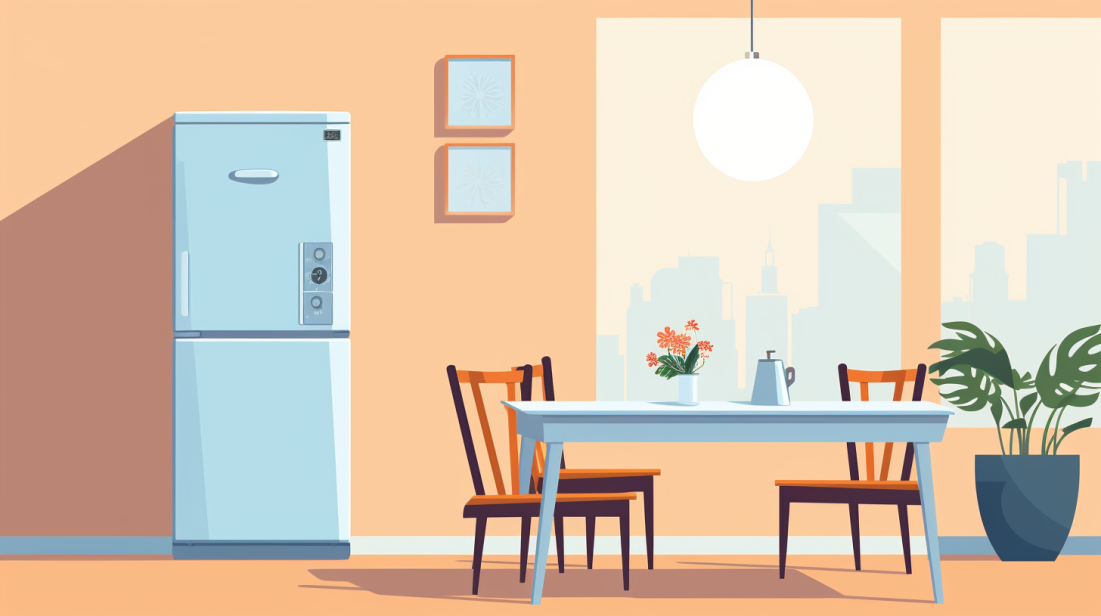
In conclusion, by implementing the easy steps and energy-saving tips outlined in this article, you can significantly reduce utility bills and save money. Lowering utility costs not only positively impacts your finances, but it also contributes to a sustainable future by reducing energy consumption.
Remember to understand your utility bills by analyzing and tracking energy consumption, utilize natural light, optimize heating and cooling systems, conserve water, unplug devices and use power strips, and consider smart home automation. You can also take advantage of rebates, incentives, and energy audit programs to further reduce utility bills.
Tracking and monitoring progress is crucial in determining the effectiveness of implemented strategies and making necessary adjustments for continuous improvement.
So, start taking action now to reduce utility bills, save money, and contribute to a sustainable future.
FAQ
Q: What are some easy steps to reduce utility bills?
A: There are several easy steps you can take to reduce your utility bills and save money. Some of these steps include adjusting your thermostat, using energy-efficient appliances and light bulbs, unplugging electronics when not in use, and improving insulation in your home.
Q: How can understanding my utility bills help me save money?
A: Understanding your utility bills can help you identify areas of high energy consumption and potential savings. By analyzing and tracking your energy usage, you can make informed decisions about how to reduce your utility costs and implement energy-saving strategies.
Q: What are some energy-saving tips for reducing electricity bills?
A: There are many energy-saving tips you can try to lower your electricity bills. Some of these tips include turning off lights when not in use, using power strips to prevent vampire energy consumption, air-drying your clothes instead of using a dryer, and utilizing natural lighting as much as possible.
Q: How can I harness the power of natural light to reduce utility costs?
A: You can maximize natural light in your home by strategically placing mirrors, using light-colored curtains or blinds, and ensuring that windows are clean and unobstructed. By utilizing natural light, you can reduce your reliance on artificial lighting and lower your utility bills.
Q: What are some efficient heating and cooling methods to save energy?
A: To optimize heating and cooling costs, you can invest in energy-efficient appliances such as programmable thermostats and ensure proper insulation in your home. Additionally, setting your thermostat to a slightly lower temperature in winter and higher temperature in summer can help save energy and reduce utility costs.
Q: How can I conserve water to lower my utility bills?
A: There are several water conservation methods you can implement in your everyday life. These include taking shorter showers, fixing leaks and drips, using a dishwasher and washing machine with full loads, and installing water-saving fixtures such as low-flow showerheads and faucets.
Q: How can unplugging devices and using power strips help reduce utility costs?
A: Appliances and electronics on standby mode still consume energy, known as vampire energy. By efficiently unplugging devices when not in use and using power strips to completely cut off electricity flow, you can significantly reduce your energy consumption and lower your utility bills.
Q: What is smart home automation and how can it help save on utility bills?
A: Smart home automation involves using smart devices and systems to monitor and control energy usage in your home. By optimizing efficiency and responding to real-time data, smart home automation can help reduce energy waste and ultimately lower your utility bills.
Q: Are there any rebates, incentives, or energy audit programs available to help reduce utility bills?
A: Yes, there are various rebates, incentives, and energy audit programs offered by government agencies and utility companies. These programs can provide financial incentives and valuable guidance on how to improve energy efficiency in your home and lower your utility costs.
Q: How can I track and monitor progress in reducing my utility bills?
A: Tracking and monitoring your utility bills over time can help you assess the effectiveness of your energy-saving strategies. By analyzing and comparing your bills, you can identify areas for improvement and make adjustments to achieve long-term cost savings.





